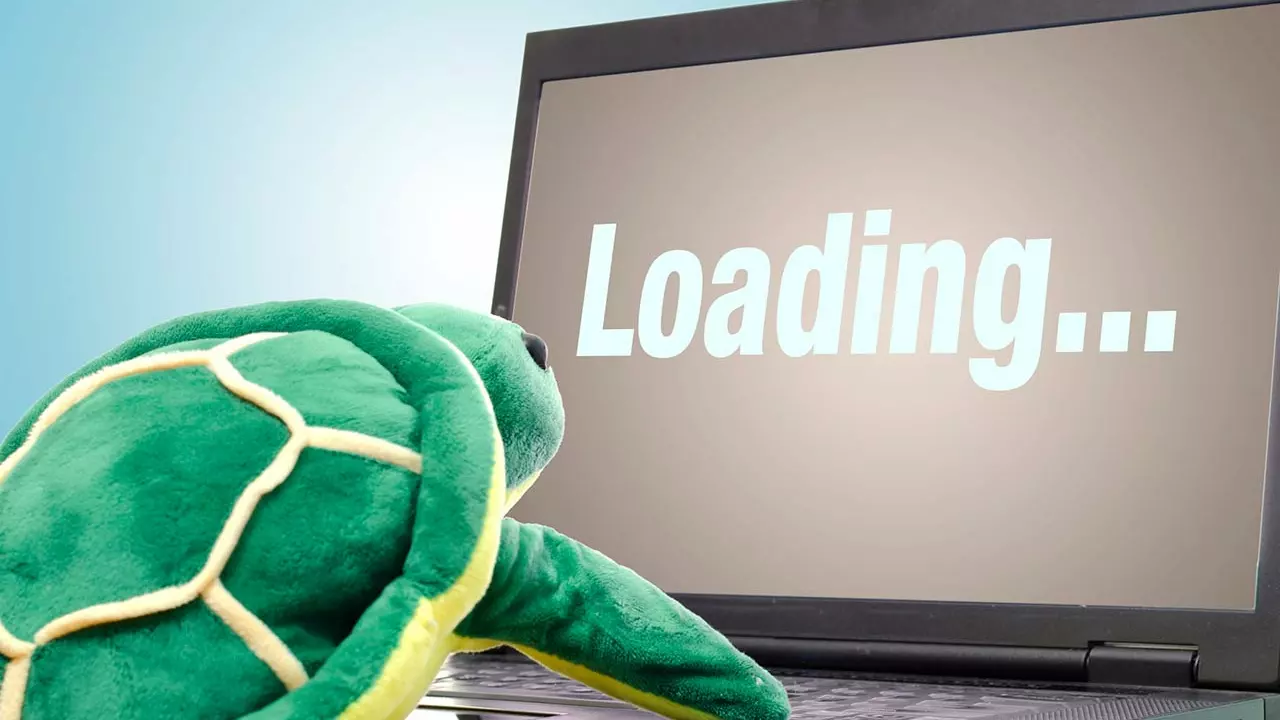
Understanding Your Internet Speed
Let's start with basics - understanding your internet speed. It's important to know what to expect from your internet connection. Your internet speed is measured in megabits per second (Mbps), and this measures how much data your internet connection can send or receive per second. Most of us are familiar with the frustration of sluggish internet speed, especially when we're trying to stream a movie, download large files, or participate in a video conference. Knowing your internet speed can give you a benchmark for what's normal and what's not.
There are many online tools that can help you measure your internet speed. Some popular ones include Speedtest.net, Fast.com, and Google's speed test. These tools will give you an idea of your download speed (how fast you can pull data from the server to you) and upload speed (how fast you can send data to the server). Remember, these speeds may vary depending on the time of day, the number of devices connected to your network, and other factors.
Investigating the Causes of Slow Internet
Before we can talk about coping with slow internet, we need to understand what's causing it. There can be many factors contributing to slow internet speeds. It could be due to network congestion, especially during peak hours when many people are online. It could be due to physical barriers, like walls or floors, between your device and your router. Or it could be due to outdated hardware or software.
It's also worth noting that the speed of your internet connection can be affected by the type of internet service you have. For example, fiber-optic internet is typically faster than DSL or satellite internet. If you're consistently experiencing slow internet speeds, it might be worth considering a switch to a different type of internet service.
Optimizing Your Internet Setup
Once you've identified the cause of your slow internet, you can start taking steps to optimize your internet setup. This could involve moving your router to a more central location, using a wired connection instead of wireless, or upgrading your hardware or software. If you're using Wi-Fi, you might want to consider using a Wi-Fi extender to boost your signal strength.
Another point to consider is the number of devices connected to your network. Each device uses a portion of your bandwidth, so the more devices you have connected, the slower your internet connection might be. Consider disconnecting devices that aren't in use to free up more bandwidth.
Using Data-Saving Features and Tools
There are many data-saving features and tools available that can help you cope with slow internet. For example, many browsers have a data-saving mode that compresses images and disables auto-play videos to save data. Similarly, many apps and services allow you to adjust the quality of streaming video to use less data.
There are also various software tools available that can help you manage your bandwidth more effectively. These tools can prioritize certain types of traffic, limit bandwidth for specific applications, or schedule large downloads for off-peak hours.
Adapting Your Online Activities
Sometimes, coping with slow internet means adapting your online activities. For example, instead of streaming video, you might choose to download movies or shows during off-peak hours and watch them later. Or instead of participating in a video conference, you might choose to join via audio only.
It's also worth considering whether all of your online activities need to be done online. For example, instead of using cloud-based software, you might choose to use software that's installed on your local machine. This can help you conserve bandwidth and avoid the frustrations of slow internet.
Seeking Professional Help
If you've tried everything and you're still dealing with slow internet, it might be time to seek professional help. This could involve contacting your internet service provider to troubleshoot the issue, or hiring a professional to assess your home network and make recommendations for improvements.
Remember, coping with slow internet is all about understanding your speed, identifying the causes, making optimizations, using data-saving tools, adapting your online activities, and seeking help when needed. With these strategies, you can make the most of your internet connection, no matter how slow it might be.
